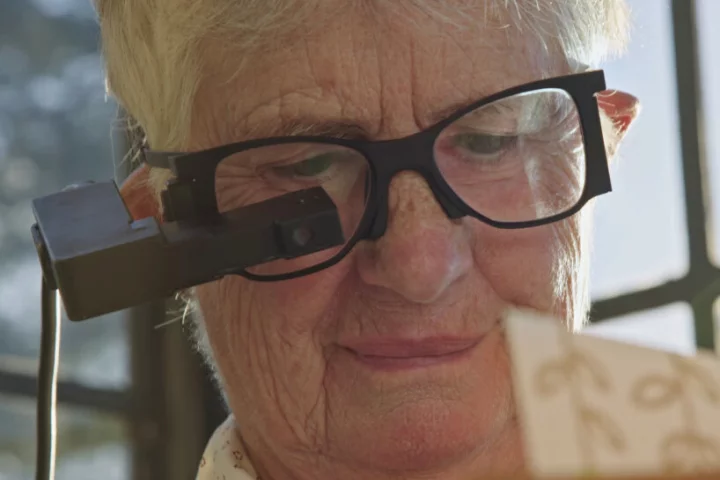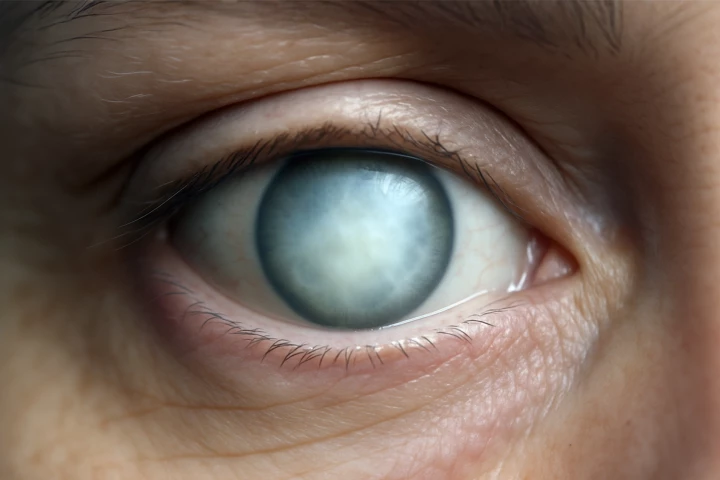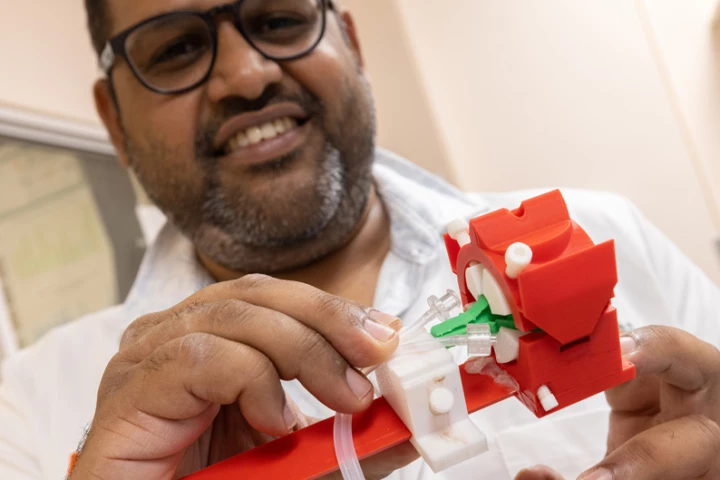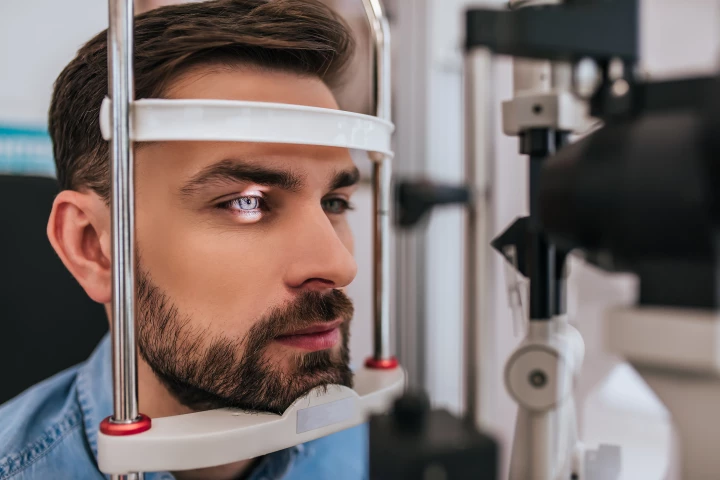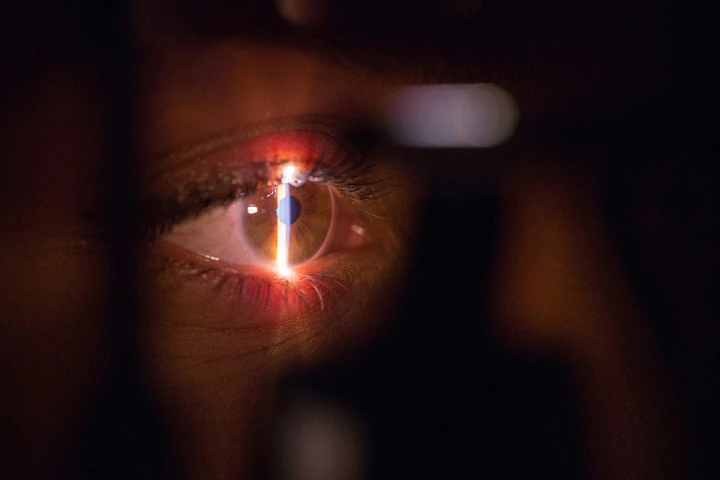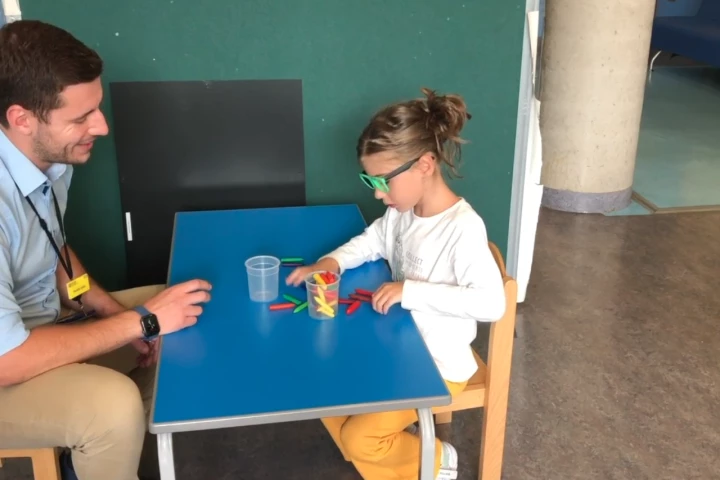Blindness
-
Researchers at Switzerland’s EPFL have created a new neurotherapy that vastly and non-invasively improves vision for patients with hemianopia-related vision loss. Previously, patients suffering from the condition simply had to learn to live with it.
-
Stanford researchers and global collaborators have developed a wireless retinal implant called PRIMA that's helping people with untreatable eyesight loss see not just light, but actual shapes and patterns – what scientists call form vision.
-
There's no doubt that a standard white cane can be quite helpful, but it isn't all that … interactive. The Glide device certainly appears to be, however, as it verbally and physically guides blind users down city streets.
-
A tiny implant that beams images straight to the retina, bypassing a damaged cornea altogether, could give sight back to millions living with corneal blindness – no donor tissue required. Human trials may be underway in as little as two years.
-
Despite what some movies may suggest, it's currently impossible to transplant functional, seeing human eyeballs. Scientists are taking a big step in that direction, however, with the development of an eye-transplant device known as the eye-ECMO.
-
A breakthrough treatment has allowed damaged retinal cells to regenerate themselves. The current research has been conducted on mice, but the pathways are the same in humans, which opens hope for a new way to treat certain kinds of blindness.
-
A team of researchers at Rice University has developed a haptic feedback vest and camera system for a blind dog known as Kunde. The vest helps guide the dog through daily obstacles and the hope is that it will soon do the same for other pups.
-
High blood sugars have long been known to cause eye damage in diabetics. However, new research has found that low blood sugar may also contribute. The good news is that it also identified a way of preventing or treating the damage.
-
A surgical procedure to restore the power of sight to blind patients using their teeth is gaining traction around the world, with Canada opening its first clinic for this treatment. Here's how Osteo-odonto-keratoprosthesis works, and who it's for.
-
Eye injuries that damage the cornea are usually irreversible and cause blindness. But a new clinical trial has repaired this damage in patients thanks to a transplant of stem cells from their healthy eyes.
-
Scientists in the UK have successfully used gene therapy to restore some vision to legally blind children with an inherited retinal condition. All 11 children in the clinical trial saw improvements within weeks of a single surgical treatment.
-
It’s not always to picture what’s going on while listening to sports on the radio – so spare a thought for vision-impaired people who don’t have options. Now they do: meet the OneCourt, a haptic feedback device that works like braille for sports.
Load More

